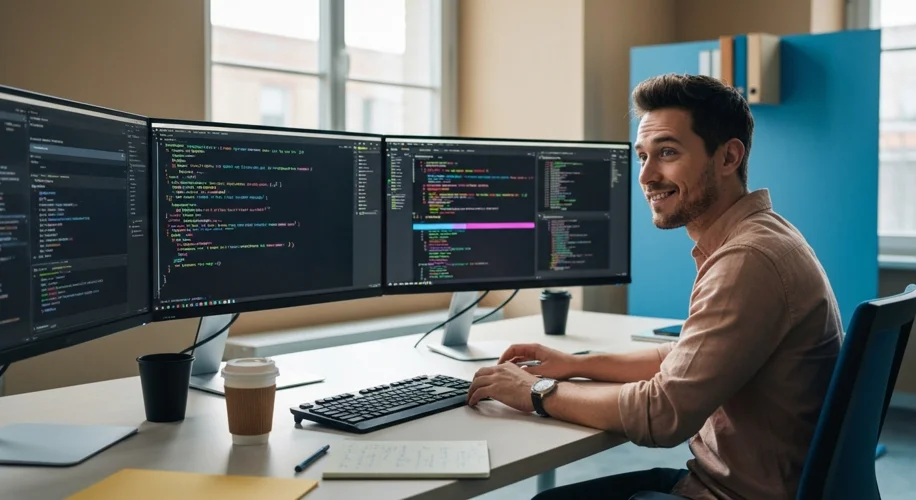Okay, so hear me out. I’ve been messing around with AI coding tools lately, you know, the ones that promise to write your code for you. As someone deep in the AI and computer engineering world, I was super curious to see how they stack up. And honestly? They’re pretty wild, but they’re definitely not taking my job anytime soon.
I recently used one of these AI assistants for a personal project, and it was a mixed bag. For straightforward tasks, like generating boilerplate code or writing a simple function based on a clear prompt, it was surprisingly good. It saved me a bunch of typing, which, let’s be real, is always a win.
But here’s the catch: AI still struggles with context. I found myself having to explain things in a super-specific, almost painfully literal way for the AI to get it. If I missed a tiny detail in my prompt, the generated code would either be subtly wrong or just not work as intended. It’s like trying to explain a complex idea to someone who only understands the dictionary definition, not the nuance.
And when it came to more complex problems or novel situations? That’s where the AI really showed its limits. It’s great at recalling and assembling patterns it’s seen before, but when you throw it a curveball – something that requires a bit of creative problem-solving or a deep understanding of how different systems interact – it falters. It can’t quite replicate that spark of intuition or the ability to think outside the box that experienced engineers have.
Another thing I noticed is the unreliability. Sometimes the AI would spit out code that looked perfect on the surface but had hidden bugs or security vulnerabilities. It’s like getting a beautifully wrapped gift that turns out to be empty inside. You still need a sharp human eye to review, debug, and ensure everything is robust and secure.
So, is AI going to replace software engineers? Based on my experience, not in the near future. It’s an amazing tool, a powerful co-pilot that can speed up development and handle repetitive tasks. But it lacks the contextual understanding, the genuine problem-solving creativity, and the nuanced judgment that human engineers bring to the table. We’re still the ones guiding the ship, making the critical decisions, and truly understanding the ‘why’ behind the code. Think of it as a super-smart intern who needs constant supervision and direction, not the lead architect.
For now, I’m using AI to make my workflow smoother, not to offload my thinking. It’s an exciting development, but the human element in software engineering remains indispensable.

